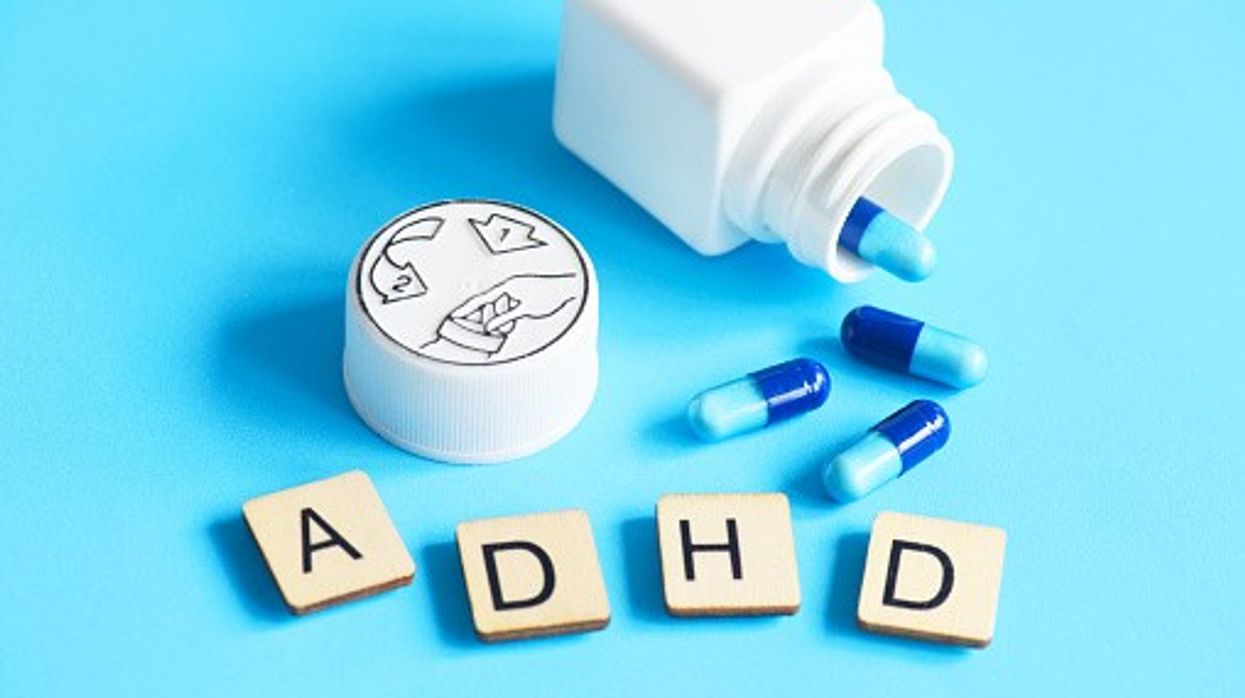CNS stimulants and ADHD drugs saw the largest increase in costs compared to other mental health medicines
The NHS Business Services Authority (NHSBSA) has published its latest quarterly report on medicines used in mental health in England, specifically those used to treat anxiety, depression, psychosis, attention deficit hyperactivity disorder (ADHD), and dementia.
Data from April to June 2024 show that 800,000 central nervous system (CNS) stimulants and ADHD drugs were prescribed to 230,000 identified patients.
Both prescribing and dispensing of ADHD drugs continue to rise, with a 4.8 per cent increase in prescribed items and a 4.7 per cent rise in identified patients compared to the previous quarter.
CNS stimulants and ADHD medications saw the largest increase in costs among the five drug categories, rising by 6.4 per cent to £36 million.
The report reveals a modest increase in the prescribing of antidepressants, with 23 million antidepressant items prescribed to an estimated 6.9 million identified patients between April and June 2024. This represents a small increase of 1.5 per cent for prescribed items and a less than one per cent rise in identified patients compared to the previous quarter.
The cost of antidepressant items also rose by 1.7 per cent from the previous quarter, increasing from £54 million to £55 million.
A long-term downward trend was observed for hypnotics and anxiolytics, with prescribing of these items falling by less than one per cent to 3.3 million. The number of identified patients also decreased by 2.5 per cent to 1.0 million.
Furthermore, the NHSBSA report estimated the cost of prescribed hypnotics and anxiolytics items to be £25 million, reflecting a 2.4 per cent decrease from the previous quarter.
There was a slight increase in the number of drugs prescribed for psychoses and related disorders, with 3.4 million items prescribed during the latest quarter. The cost of these antipsychotic items rose by 6.2 per cent to £41 million.
However, the number of identified patients decreased by less than one percent to 660,000.
In the category of drugs for dementia, the number of prescribed items increased by 2.4 per cent to 1.2 million, with prescriptions made to 260,000 identified patients, a one per cent rise.
Despite this, the cost of prescribed drugs for dementia decreased by 2 per cent to £7.8 million compared to the previous quarter.
NHSBSA noted that the report encompasses medicines prescribed in England and dispensed in the community across England, Scotland, Wales, the Isle of Man, and the Channel Islands. It excludes medicines used in hospitals, prisons, or prescribed by private doctors, and does not include data from the armed forces.













